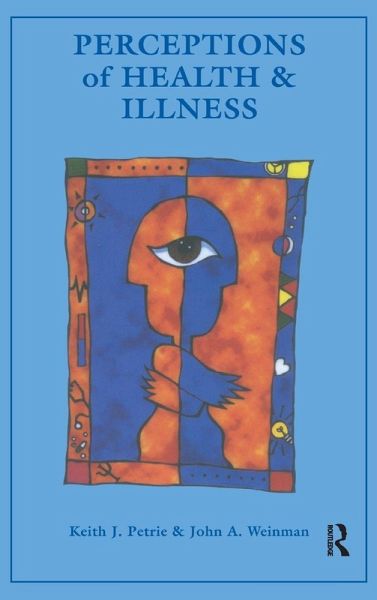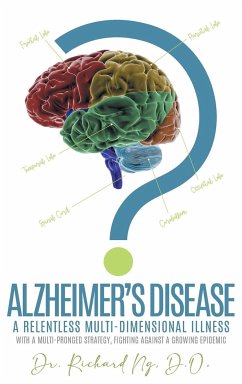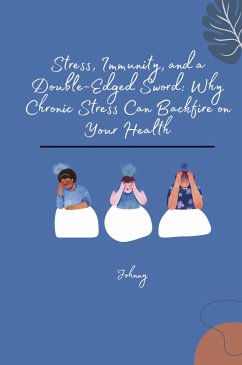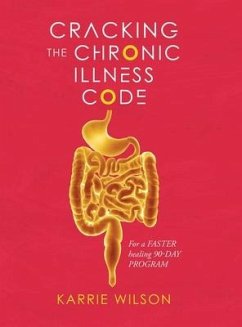
Perceptions of Health and Illness
Versandkostenfrei!
Versandfertig in 1-2 Wochen
182,99 €
inkl. MwSt.

PAYBACK Punkte
91 °P sammeln!
First Published in 1997. The study of how individuals perceive and make sense of health and illness is a new and rapidly developing area in health psychology. The field has seen important recent theoretical developments and applications to a wide range of health threats and illnesses. The first section of this book examines the current theoretical and measurement issues in the field and includes issues related to illness perceptions across the lifespan, disability, and the assessment of illness representations in chronic illness. The second section addresses the role of illness perceptions in ...
First Published in 1997. The study of how individuals perceive and make sense of health and illness is a new and rapidly developing area in health psychology. The field has seen important recent theoretical developments and applications to a wide range of health threats and illnesses. The first section of this book examines the current theoretical and measurement issues in the field and includes issues related to illness perceptions across the lifespan, disability, and the assessment of illness representations in chronic illness. The second section addresses the role of illness perceptions in health screening and prevention and includes work on perceptions of genetic disease, cancer screening, and how individuals process health risk information. The third section is concerned with the application of the illness perceptions approach to patients with chronic illness and those undergoing treatment. Illnesses examined using this approach include chronic fatigue syndrome, breast cancer, diabetes, and myocardial infarction.














